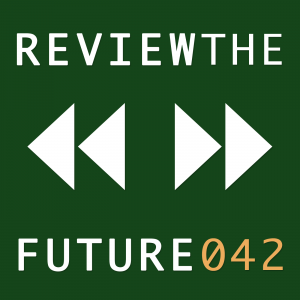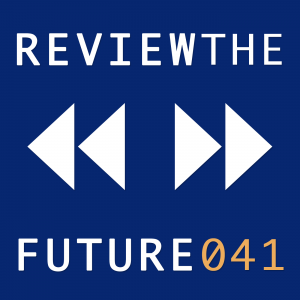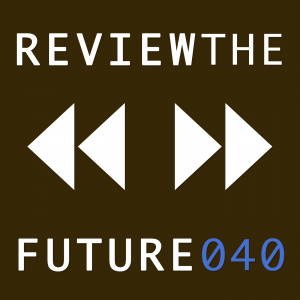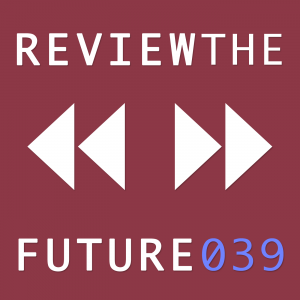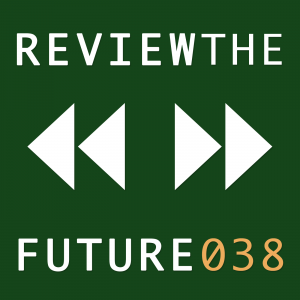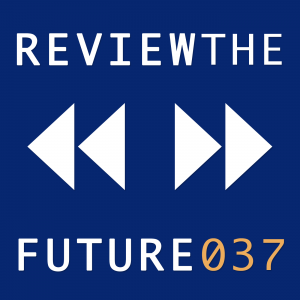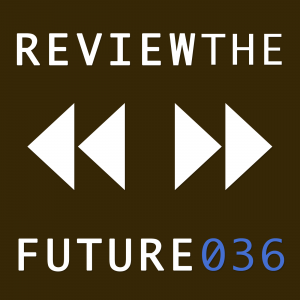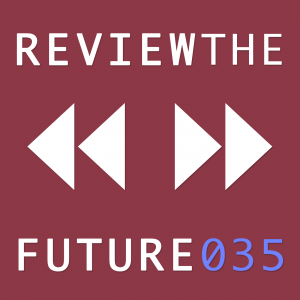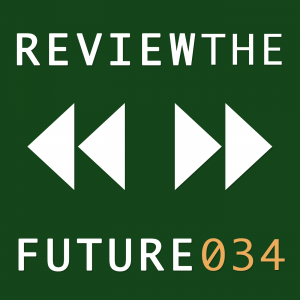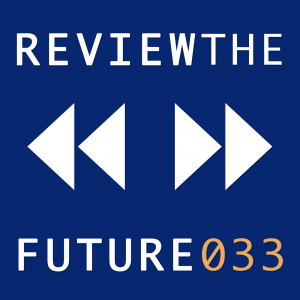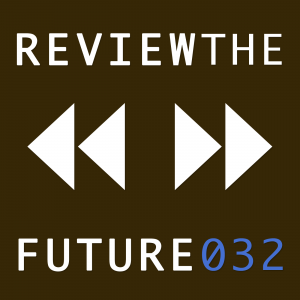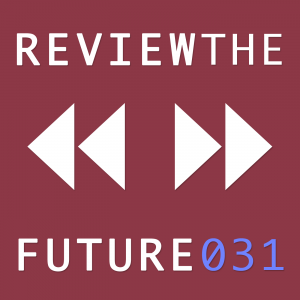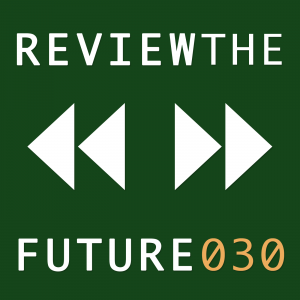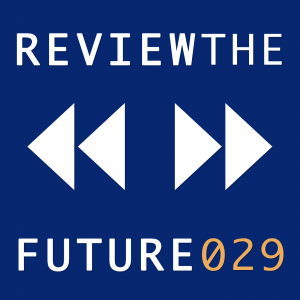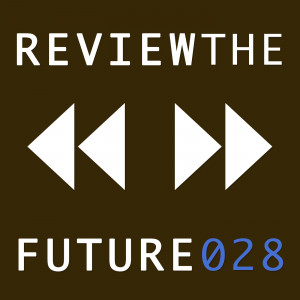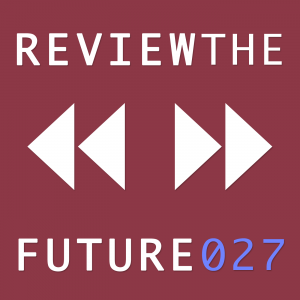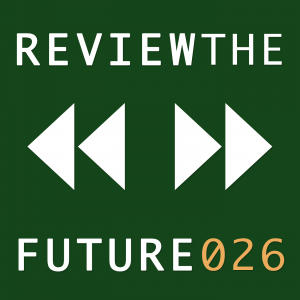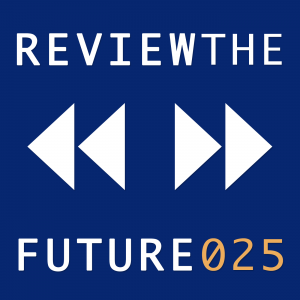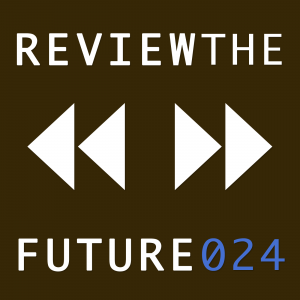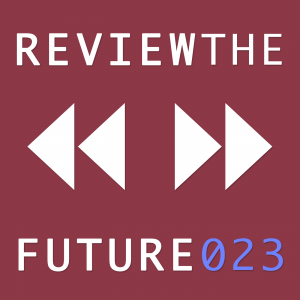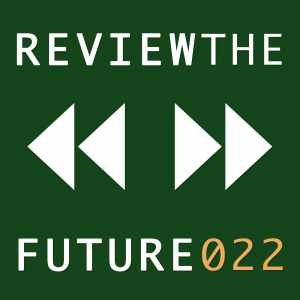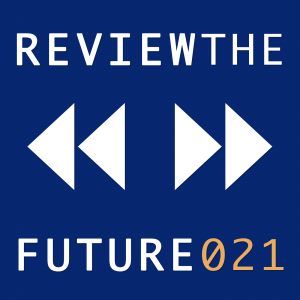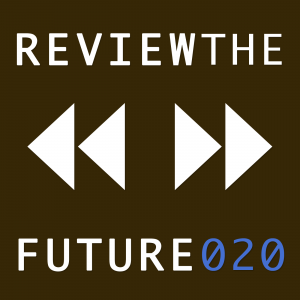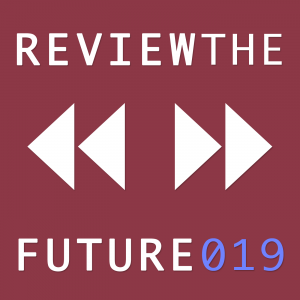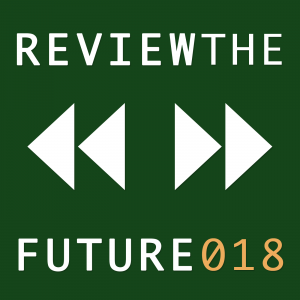In this episode we talk with guest John Danaher, a lecturer at National University of Ireland, Galway and blogger. He has coined the term ‘Algocracy’ to describe a future state of rule by algorithm. We define the term and talk about how modern day algorithms like dating websites, military drones, and tax fraud detection are growing in influence, creating the possibility for algorithmic decision making to unseat democratic institutions and even personal will. Can we really say we are in a democracy if opaque, incomprehensible systems are making many important choices for us? How can we be certain that the algorithm has our interests at heart?
Relevant Links
- Rule by Algorithm? Big Data and the Threat of Algocracy by John Danaher
- Wikipedia entry on Human-in-the-loop systems
- Article: When Will We Have Unmanned Commercial Airliners?
- Article: Inside Amazon’s ‘Chaotic Storage’ Warehouses
- Evgeny Morozov
- Big Data, Predictive Algorithms and the Virtues of Transparency by John Danaher
- Interview with Frank Pasquale
- Danielle Keats Citron
- Nicholas Agar
- David Chalmers

